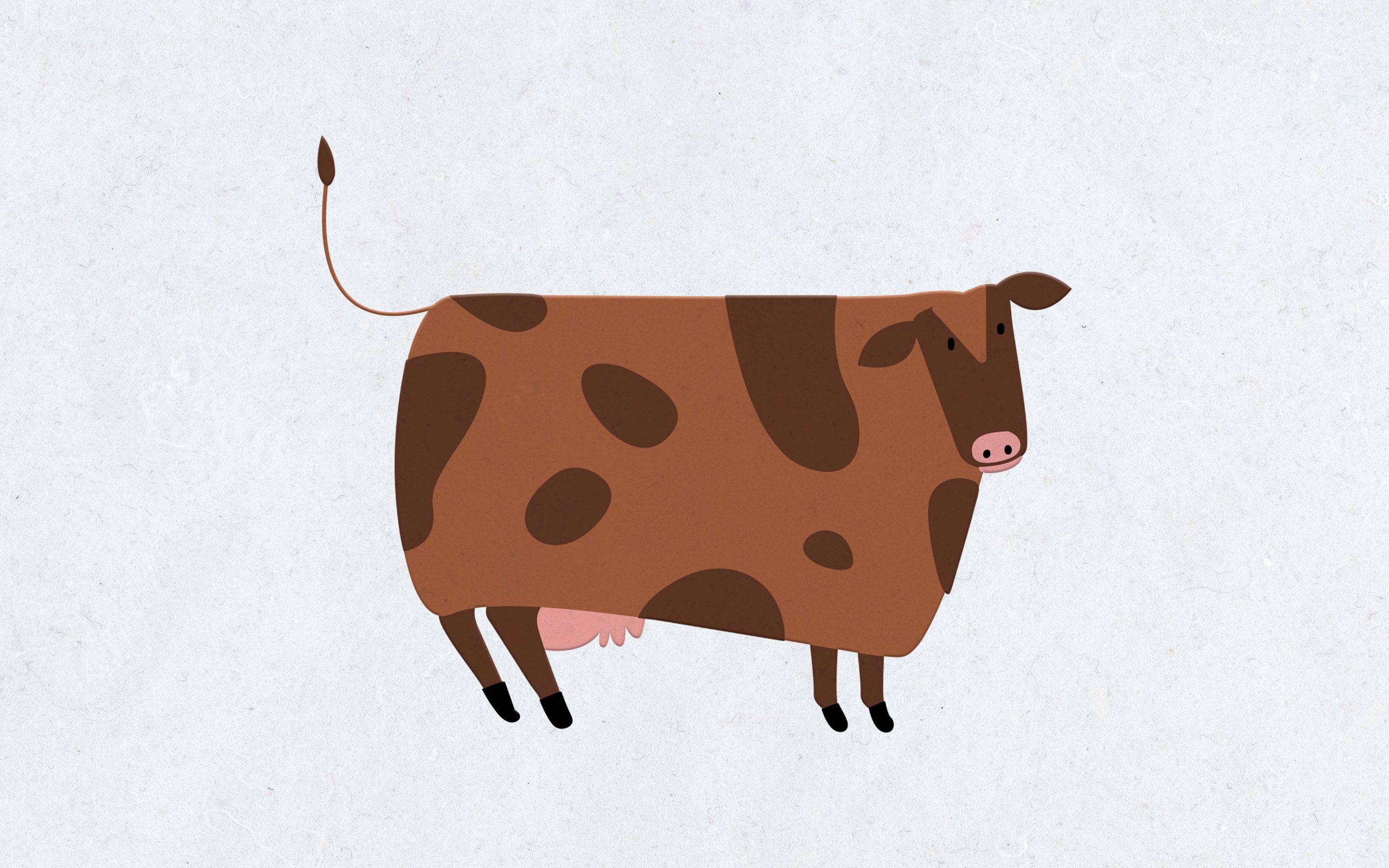- HUMOR
The 73 Very Best Cow Jokes


Small dog breeds have become increasingly popular among pet lovers, particularly for those living in apartments or smaller homes. These compact companions are not only adorable but also versatile in their adaptability to various lifestyles. With a range of temperaments and energy levels, small dogs can fit seamlessly into family life, making them ideal for first-time dog owners and seasoned pet enthusiasts alike. This article will explore the benefits of small dog breeds, highlight some of the best small dogs, and provide essential tips for their care and selection.
Small dog breeds are typically defined as dogs weighing 20 pounds or less. Their compact size makes them easier to manage indoors, and many small breeds are known for their affectionate nature and lively personalities. Despite their size, small dogs can be just as energetic and intelligent as larger breeds, often requiring similar levels of attention and training.
Here’s a brief overview of some of the most popular small dog breeds, including their size, temperament, and notable traits:
Selecting the right small dog involves considering your lifestyle, living situation, and personal preferences. Here are some factors to keep in mind:
For families, consider breeds known for their patience and gentleness, such as the Cavalier King Charles Spaniel or the Shih Tzu. These breeds typically enjoy the company of children and can handle the noise and activity levels of a busy household.
For singles or seniors, a calm and affectionate breed like the Maltese or Pekingese may be ideal. These dogs generally require less exercise and thrive on companionship.
If you lead an active lifestyle, consider energetic breeds like the Miniature Pinscher or Italian Greyhound. These dogs enjoy outdoor activities and can keep up with their owners on walks or runs.
Small dogs are usually well-suited for apartment living. Breeds like the French Bulldog or Boston Terrier adapt well to smaller spaces and often require less exercise than larger breeds, making them great companions for city dwellers.
While small dogs generally have a longer lifespan than larger breeds, they are not immune to health issues. Common health concerns include dental problems, patellar luxation, and heart conditions. Here’s a brief overview of their health and lifespan:
Caring for small dogs requires attention to their specific needs. Here are some essential tips:
Small dogs have unique dietary requirements. Choose high-quality dog food formulated for small breeds to ensure they receive the necessary nutrients. Pay attention to portion sizes to avoid obesity.
While small dogs may not need as much exercise as larger breeds, they still require daily walks and playtime. Aim for at least 30 minutes of activity each day to keep them healthy and happy.
Grooming needs vary by breed. Long-haired breeds like the Shih Tzu require regular brushing, while short-haired breeds may need less maintenance. Regular dental care is also essential to prevent oral health issues.
Training is crucial for small dogs. Start with basic commands and socialization at an early age. Positive reinforcement techniques work best, as small dogs can be sensitive to harsh training methods.
Some small dog breeds are particularly well-suited for active lifestyles and outdoor adventures. Here are a few examples:
Small dog breeds offer a range of benefits, making them suitable for various lifestyles and living situations. Their adaptability, affectionate nature, and compact size make them ideal companions for families, singles, and seniors alike. If you’re considering adding a small dog to your family, think about your lifestyle, living space, and the specific needs of different breeds. Remember, adopting a dog can be a rewarding experience that brings joy and companionship into your life. Whether you choose to adopt or buy, ensure that you are ready for the commitment of pet ownership and the love that a small dog can bring.